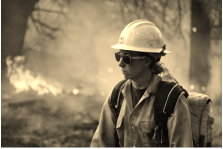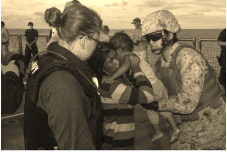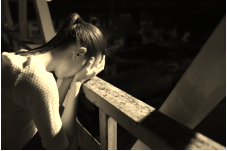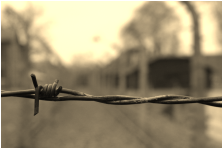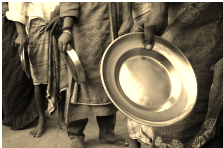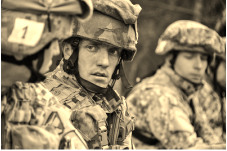Highly Stressful and Traumatic Situations
|
Treating Psychological Trauma
I am experienced in treating adult civilians and military personnel who have been affected by highly stressful and traumatic situations. I have worked extensively with people who have been affected by assault, accident, disaster, war, abuse, kidnapping, torture and other traumatic life experiences. Some of the kinds of people I work with experience these difficulties abroad in humanitarian settings, third world countries (the South), complex emergencies, disaster, and civil conflict. Some of the people I work with experience these troubles more locally through unexpected bereavements, domestic violence, child abuse, assault, disaster or accidents. I have been providing psychological counselling to people affected by these types of circumstances for over fifteen years and hold a PhD on the particular problems faced by people working in complex emergency settings. Some of the people I work with include:
Some of the difficulties faced by civilians abroad include, but are not limited to:
I also have experience working with people who have encountered traumatic events through situations such as:
Trauma affects people differently and what one person reacts to another may not. Sometimes seemingly less obvious incidents like an extra-marital affair or workplace incident can also precipitate a trauma reaction. |
|
What happens after trauma
When exposed to highly stressful, life threatening or traumatic events, your world might feel as though it is turned upside down. These kinds of events can sometimes be life changing, and the change can be difficult to adjust to or comprehend. Trauma affects people differently. How it affects each person tends to depend on the type of trauma you have experienced, the number of incidents you have experienced, the degree of support you have from others, and how you were before you experienced the trauma. Depending on these things, trauma therapy may only require a few sessions but it can also take a longer period of time. The kinds of experiences that can be associated with a trauma reaction include, but are not limited to:
|
How trauma therapy works
|
I use the same basic principles that underlie counselling and psychotherapy when the focus is on trauma. This includes establishing a collaborative, safe and trusting relationship to talk through your concerns. I take an approach to therapy which is professional and pays particular attention to privacy and confidentiality.
Trauma therapy gives you the opportunity to explore your experiences, as well as their short-term and long-term impact on your life. It can help you understand and change how you think about the trauma or events you have experienced. It aims to help you understand how certain thoughts can cause further stress and make your experience worse. Trauma therapy also aims to help you learn ways to cope with and understand feelings such as anger, guilt, anxiety, shame or loss. Throughout treatment, I will work alongside you to understand how the trauma has touched your life. |

